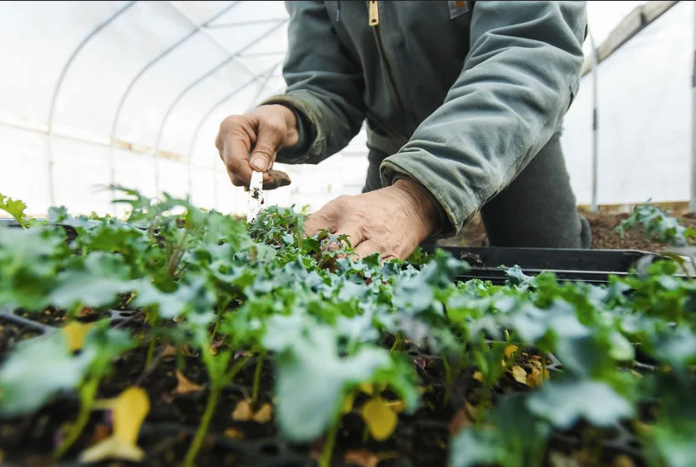Introduction:
Sustainable agriculture is more than just a method of farming; it’s a philosophy that aims to protect the environment, promote biodiversity, and ensure the long-term viability of food production. In an era of climate change and environmental degradation, sustainable agriculture practices have become increasingly essential for feeding a growing global population while safeguarding the planet for future generations. This article explores the principles of sustainable agriculture, its benefits, and the innovative practices shaping the future of food production.
Principles of Sustainable Agriculture:
Sustainable agriculture is guided by several core principles, including:
- Conservation of natural resources such as soil, water, and biodiversity.
- Minimization of environmental impact through reduced chemical inputs and energy use.
- Promotion of biodiversity and ecosystem health.
- Support for rural communities and equitable access to resources.
- Resilience to climate change and adaptation to changing environmental conditions.
Regenerative Farming Practices:
Regenerative farming goes beyond sustainability by actively restoring and revitalizing ecosystems. Practices such as cover cropping, crop rotation, and no-till farming help improve soil health, enhance water retention, and sequester carbon in the soil. By mimicking natural processes and reducing reliance on synthetic inputs, regenerative farming promotes long-term soil fertility and resilience.
Agroecology and Permaculture:
Agroecology and permaculture are holistic approaches to agriculture that prioritize ecological sustainability and self-sufficiency. Agroecology emphasizes the integration of ecological principles into agricultural systems, while permaculture focuses on designing resilient and self-sustaining ecosystems that mimic natural patterns and cycles. Both approaches emphasize biodiversity, soil health, and community engagement.
Precision Agriculture and Technology:
Precision agriculture uses technology such as GPS, sensors, and data analytics to optimize resource use and improve farm efficiency. By precisely targeting inputs such as water, fertilizers, and pesticides, precision agriculture reduces waste and environmental impact while maximizing yields. Innovations such as smart irrigation systems, drone imaging, and robotic harvesting are transforming modern farming practices.
Sustainable Livestock Management:
Livestock farming presents unique challenges and opportunities for sustainability. Practices such as rotational grazing, silvopasture, and integrated crop-livestock systems promote soil health, biodiversity, and animal welfare while reducing greenhouse gas emissions. Sustainable livestock management focuses on holistic approaches that balance environmental, economic, and social considerations.
Urban Agriculture and Local Food Systems:
Urban agriculture and local food systems play a vital role in promoting food security, community resilience, and environmental sustainability. Rooftop gardens, community-supported agriculture (CSA), and urban farms provide fresh, nutritious produce while reducing food miles and carbon emissions associated with transportation. By reconnecting consumers with their food and supporting local growers, urban agriculture strengthens community bonds and fosters sustainable living.
Conclusion:
Sustainable agriculture is a cornerstone of a resilient and regenerative food system that nourishes both people and the planet. By embracing principles of conservation, regeneration, and equity, sustainable agriculture practices offer a pathway to a more sustainable and prosperous future for farmers, consumers, and ecosystems alike. Through collaboration, innovation, and a shared commitment to stewardship, we can nurture the planet and feed the future for generations to come.

